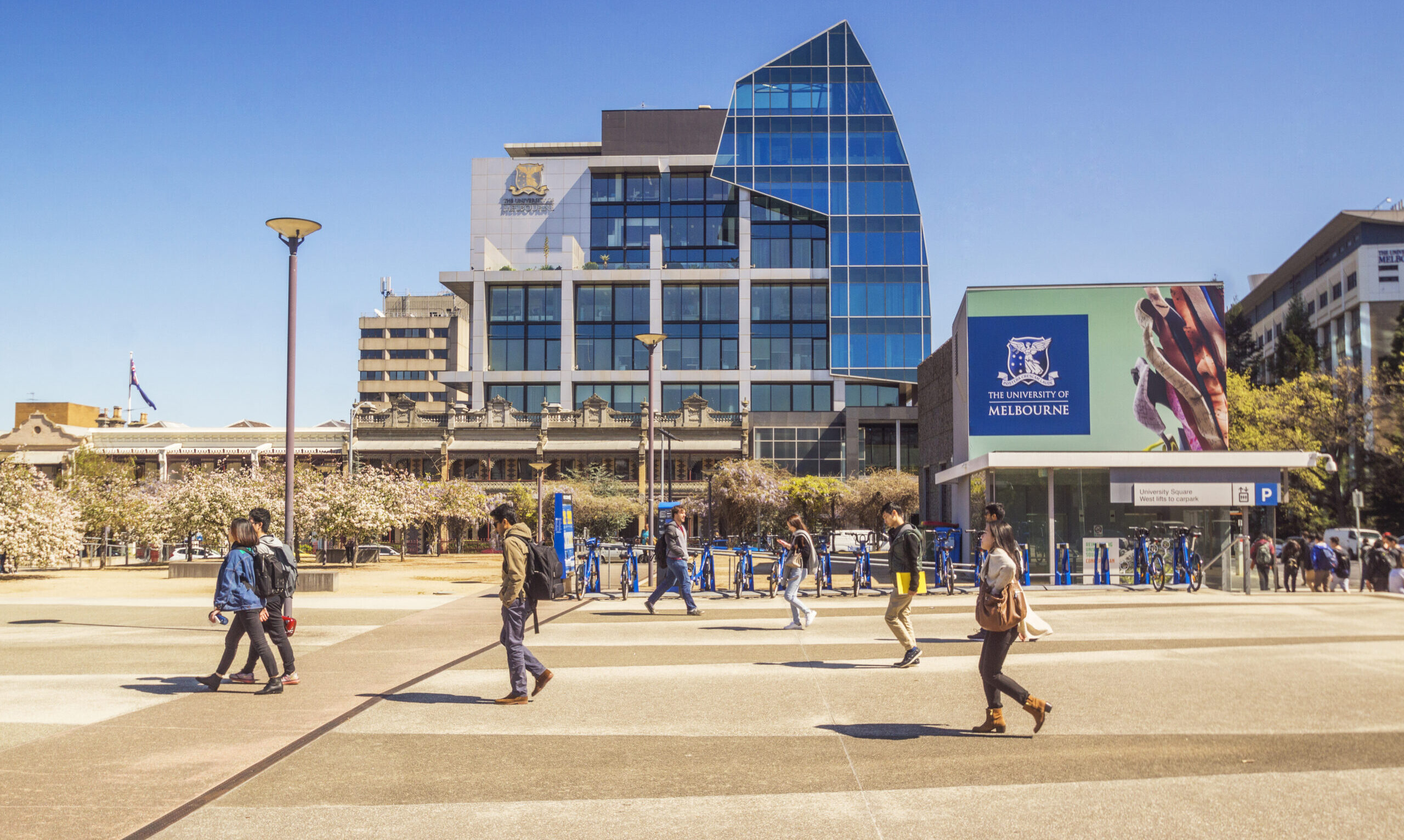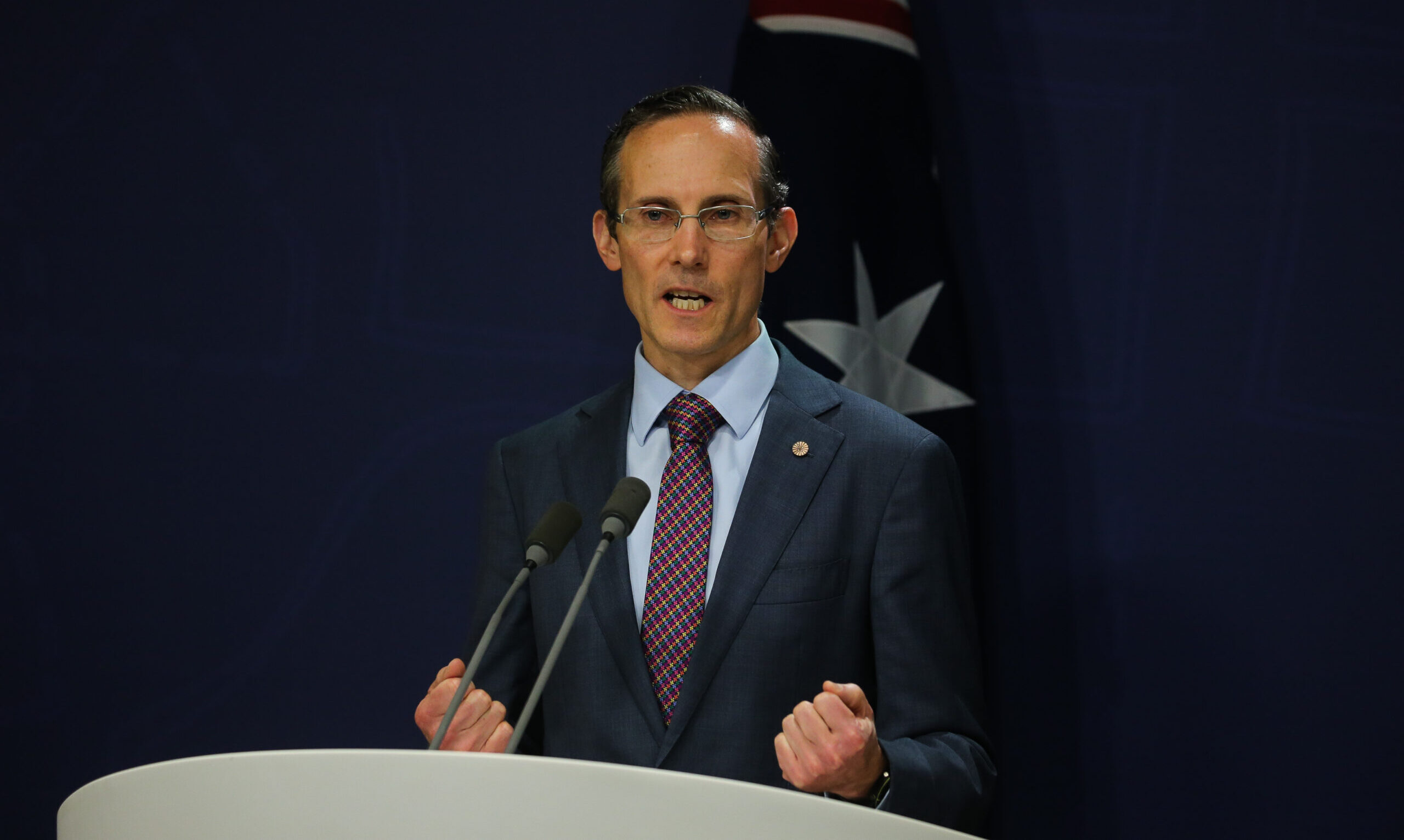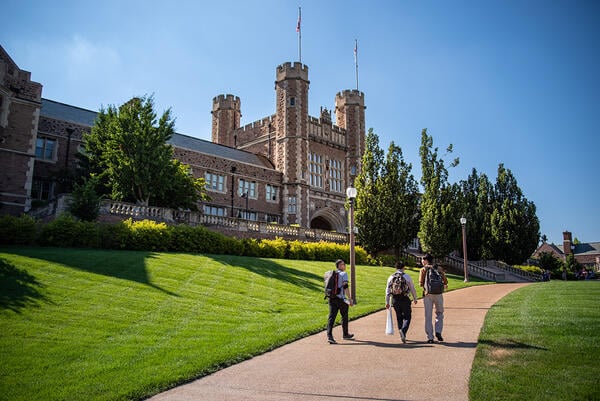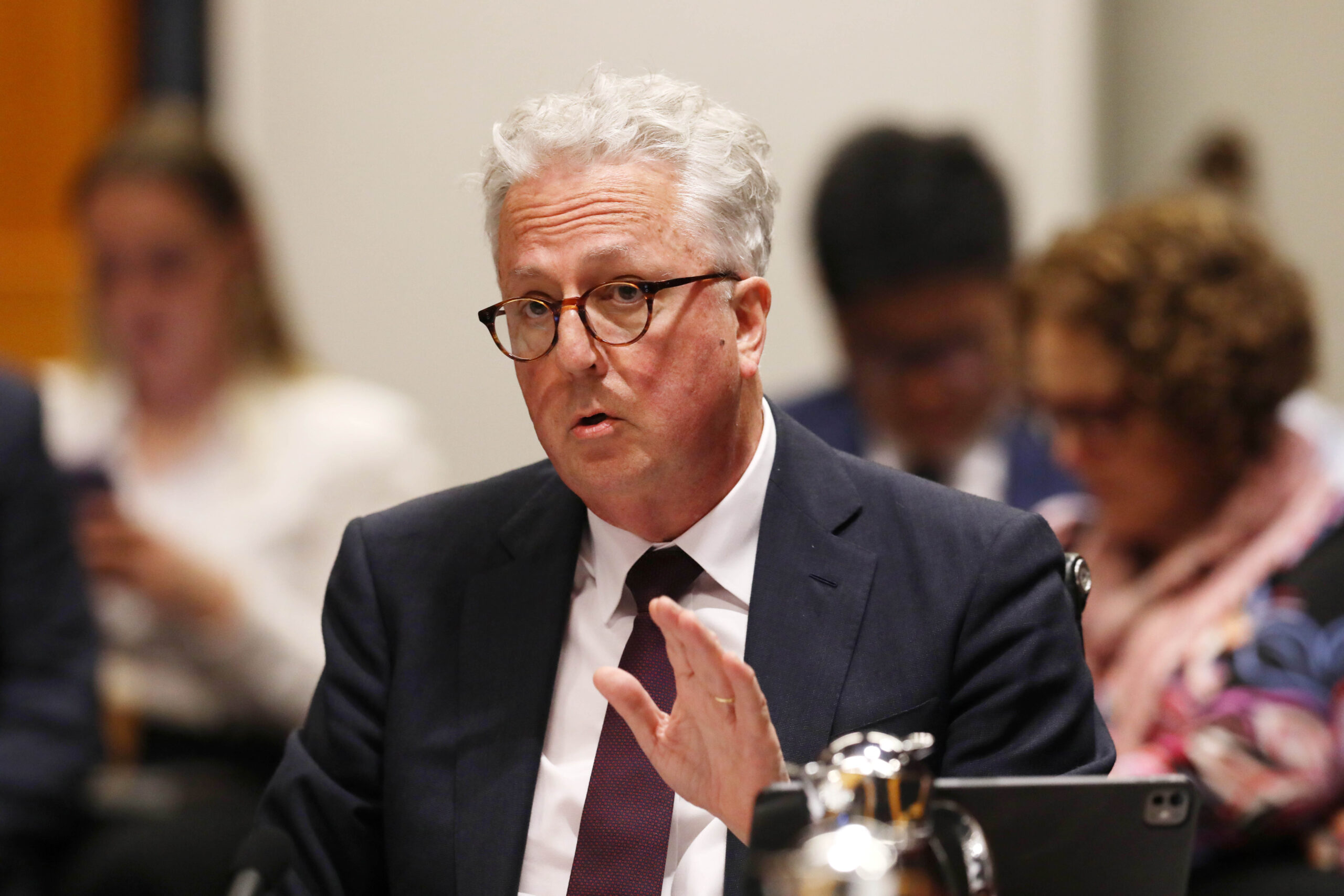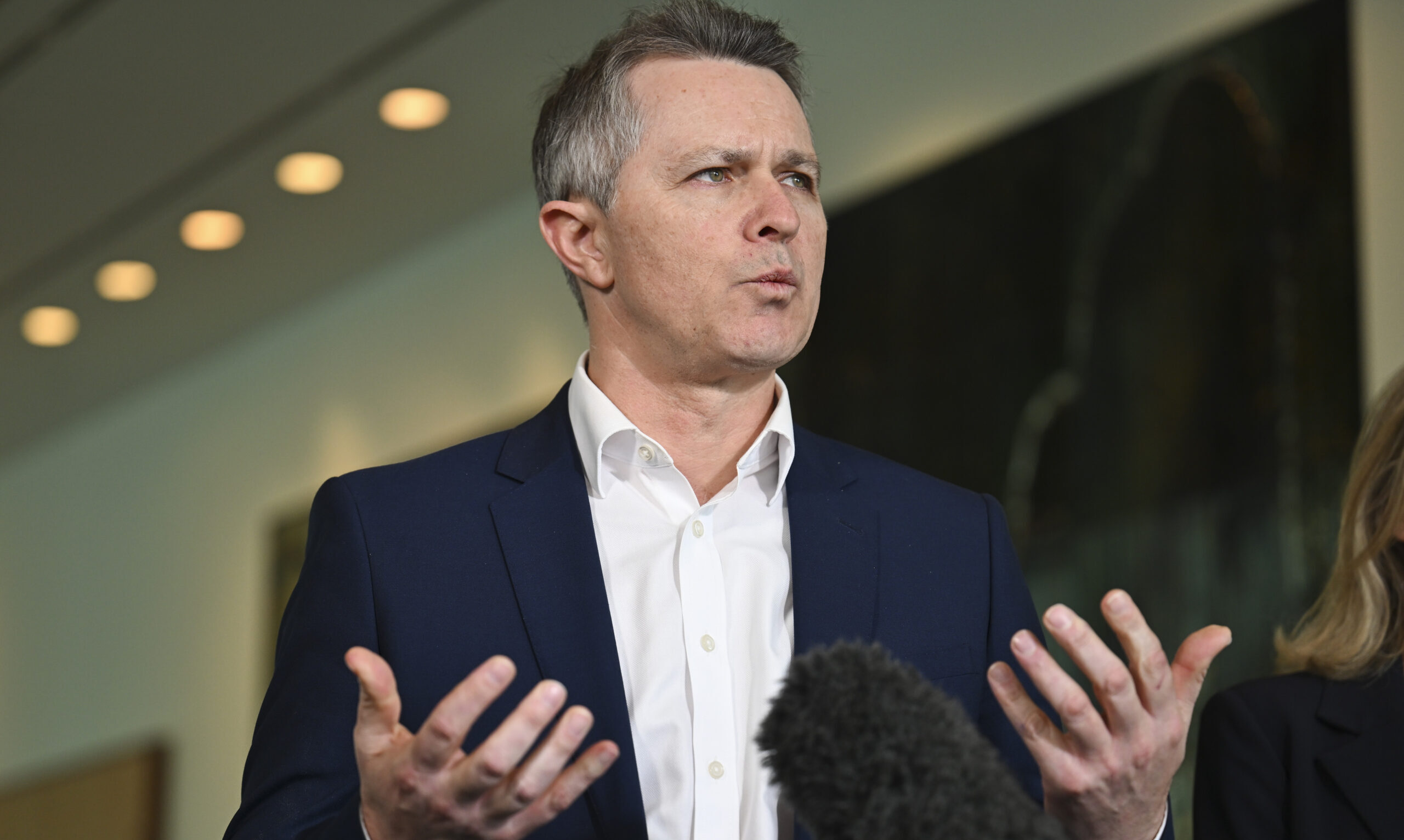Creating online courses that truly engage learners is no small feat. That’s why the iSpring Course Creation Contest has become such an exciting platform for educators, students, and learning professionals in Australia and around the globe. It’s more than a competition, it’s a hands-on, skill-building experience that inspires creativity, encourages collaboration, and gives participants the chance to shine.
This year, the contest attracted 1,097 applications from 100 countries, culminating in 109 impressive final projects. The contest offered a practical way for newcomers, considering their career in ID design, to explore iSpring Suite, a powerful authoring tool for building slide-based and scrollable courses. Participants went through an intensive onboarding program to learn not only how to use the software, but also how to craft courses that are interactive, visually compelling, and pedagogically sound.
For students and educators in Australia, especially those enrolled in instructional design programs, this kind of hands-on experience is a real advantage. It helps them build the practical skills and confidence needed to excel in a field that’s rapidly growing and evolving.
Learning Through Collaboration
One of the most exciting aspects of the contest was the community. Participants weren’t working in isolation, they received guidance from past winners and expert judges, including industry leaders: Nicole Lugara, Clark Quinn, David Kelly, Holly Owens, Mike Taylor, Robin Sargent, and ten other experts. This feedback helped participants refine their projects and grow their skills.
The collaborative environment encouraged participants to exchange ideas, discuss challenges, and learn from one another that mirrored the real-world teamwork existing in instructional design.
Demonstrating Creativity and Skills
Contestants could create content in two categories: slide-based courses and scrollable courses. They were evaluated on learning objectives, content consistency, design, learner engagement, compliance, and creativity.
Celebrating the Winners
Here are the winners in both categories and a glimpse of their outstanding work:
Winners in the slide-based course category
Winners in the scrollable course category
These projects showcase creativity, technical skill, and a deep understanding of instructional design — one of the most in-demand skills in today’s era of digital education. They prove that great ideas, when paired with the right tools, can turn learning into an engaging and impactful experience.
Winners not only received cash prizes and certificates, but also recognition that strengthens their professional portfolios and encourages others to join and explore the new field of eLearning.
Learning That Lasts Beyond the Contest
The iSpring contest isn’t just a one-time event — it’s a launchpad for ongoing professional growth. From live Q&A sessions to structured training and expert feedback, participants gained insights and skills they can apply long after the competition ends. For educators and students alike, this kind of practical experience is invaluable in a world where online learning and instructional technology are constantly evolving.
Your Turn to Shine
If you’re ready to explore new tools, strengthen your instructional design skills, and connect with a global eLearning community, start your journey with a free trial of iSpring Suite. Whether it’s building your first course or taking your portfolio to the next level, the next contest is just around the corner, and it’s your chance to shine.
Create, connect, and inspire, because the future of online learning is waiting for bold ideas like yours.
Do you have an idea for a story?
Email [email protected]


